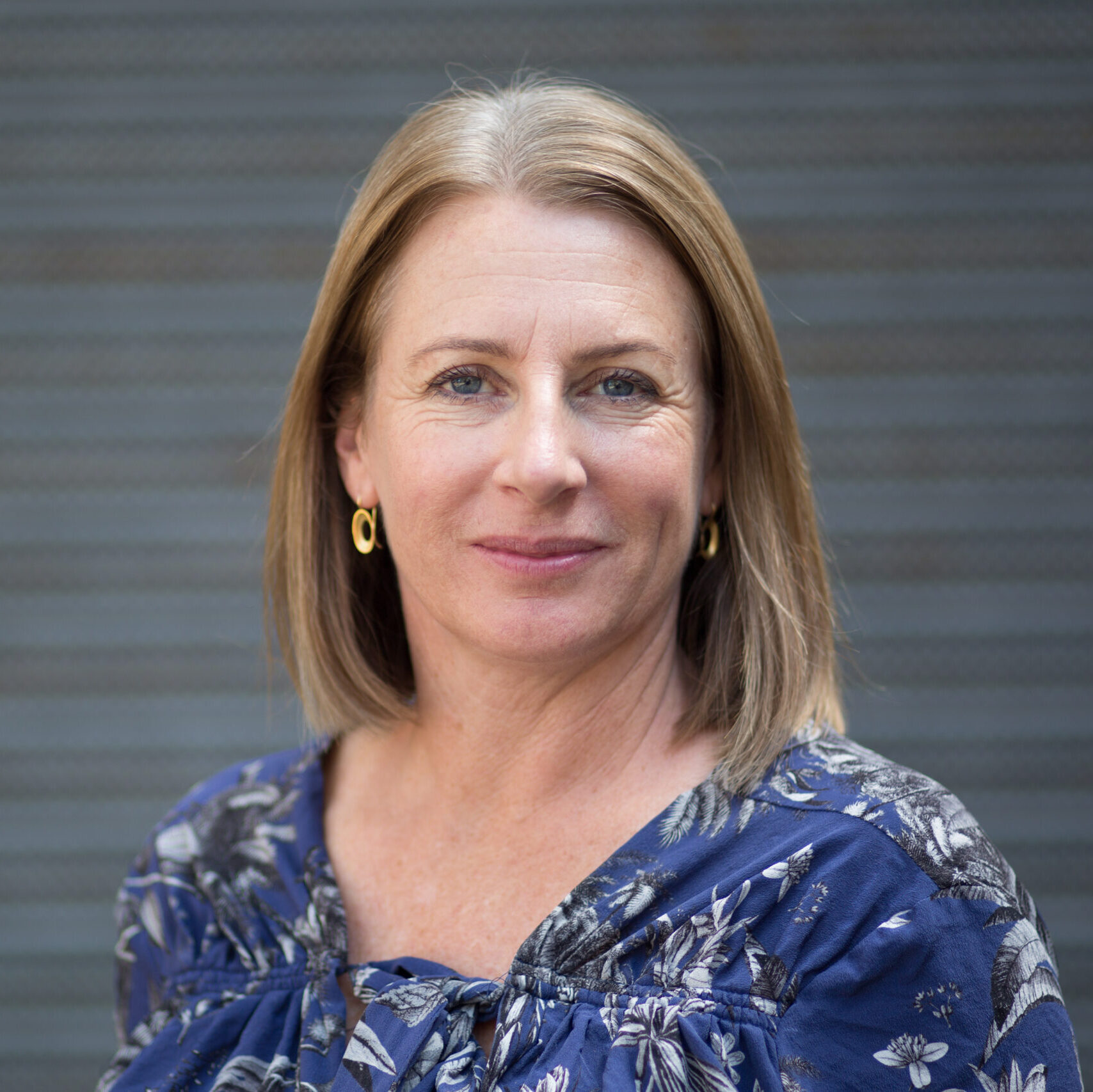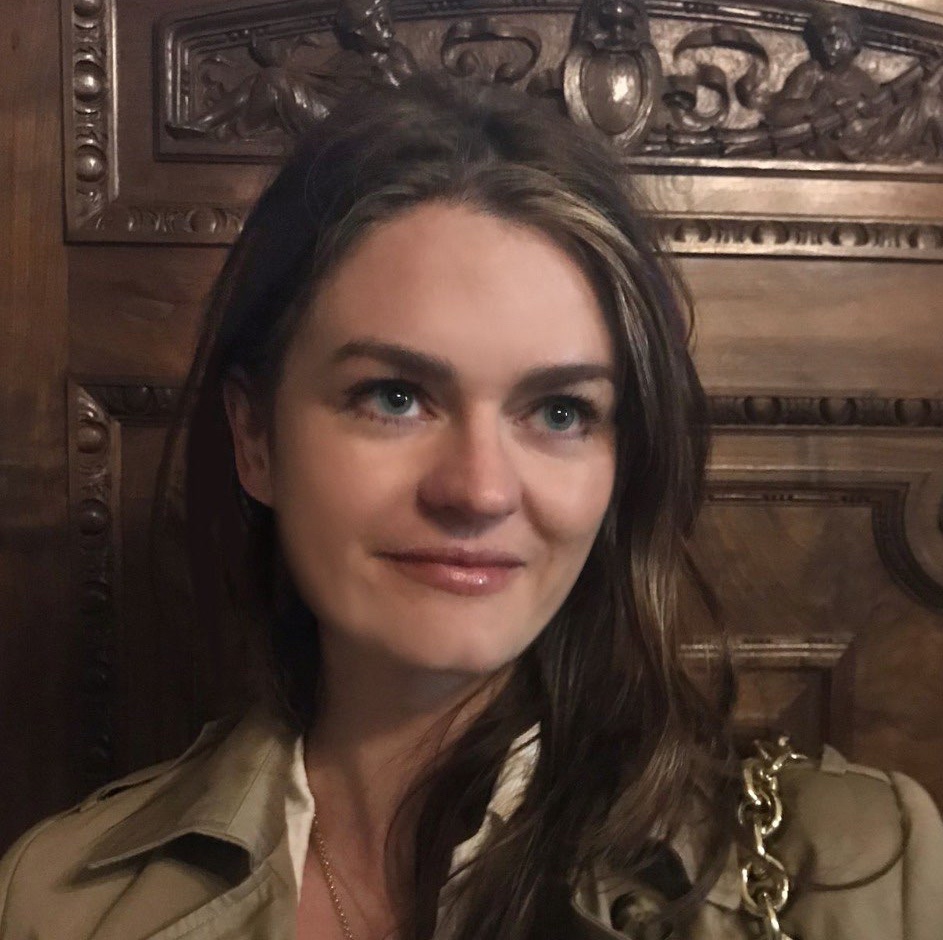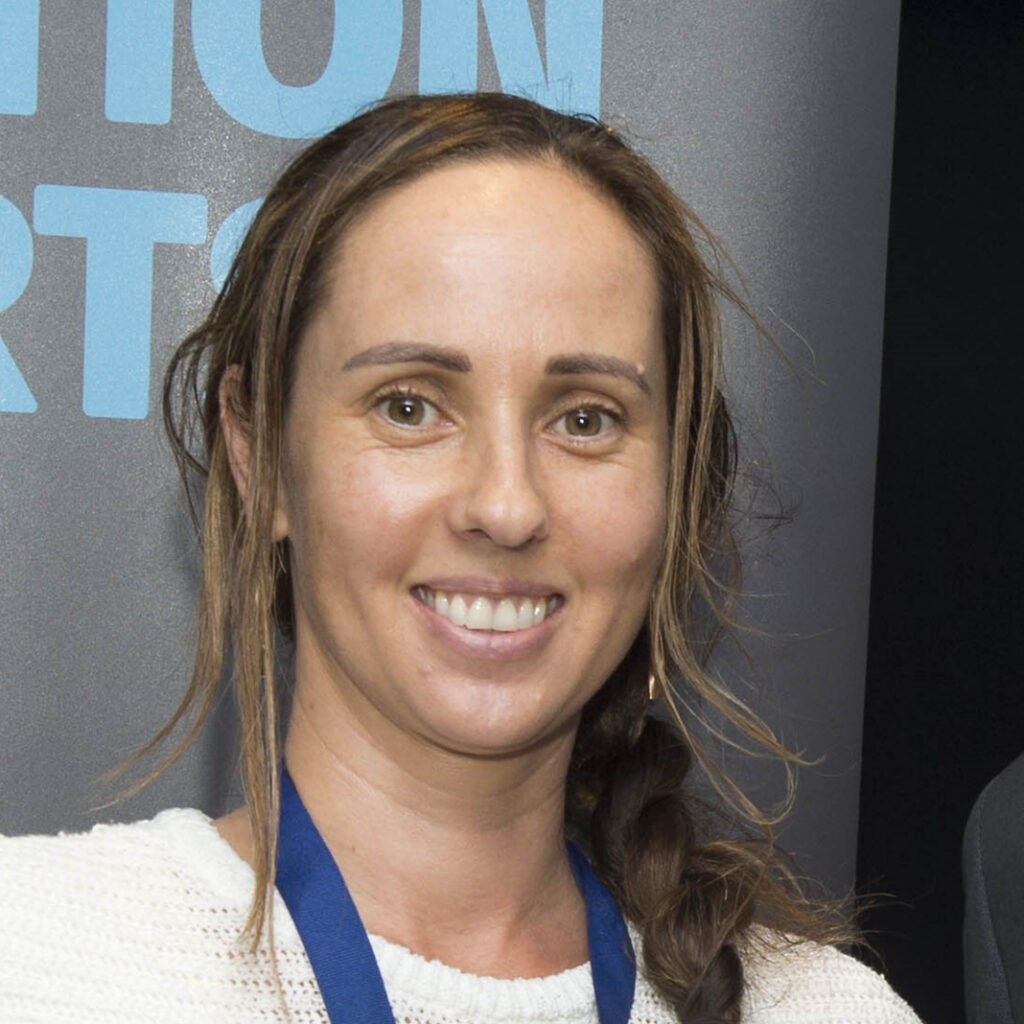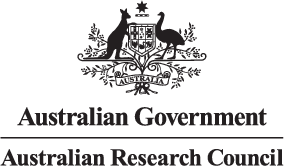Marginalia and the Early Modern Woman Writer, 1530-1660

About
This project aims to provide an ambitious new literary history of how early modern women read and wrote in the margins of their books, uncovering new texts, practices, writers, and readers across the sixteenth and seventeenth centuries. Reading is a central mechanism through which the English Renaissance was instituted: a means by which the classical world reached the early modern subject and vernacular textual culture came to flourish. Evidence for how reading operated can be found in the traces readers left behind in their books, including marginal annotations. These annotations provide not only crucial evidence of reading practice, but also an overlooked source of extraordinary writing. A world of textual activity can be found here: marks, signatures, requests for remembrance, short lyrics, devotional meditations, letters, and extended prose tracts teem in the margins of early modern books and manuscripts, in both scribal and print forms. The margin has emerged as one of the most significant new textual sites of the period, moving from the edges of scholarship to a place of central importance. However, most scholarship in this field still focuses on men’s use of marginalia, overlooking hundreds of instances of marginal annotation by women. This project will provide the first comprehensive examination of how early modern women readers engaged with the margins of their books. It will radically expand our conception of what constituted early modern women’s writing and how it was circulated. It will also reevaluate, from a new perspective, our understanding of reading, writing, and book use in early modern England and disseminate its findings in new digital forms, bringing together materialist and digital humanities scholarship to create a digital archive enabling future research.
For enquiries about the project, please contact Dr. Jake Arthur or Professor Rosalind Smith.
Read about our latest discoveries of early modern women’s marginalia:
![kings_ms_9_f066v[1]](https://cems.anu.edu.au/wp-content/uploads/2021/02/kings_ms_9_f066v1.jpg)
Twitter feed
Publications
Smith, Rosalind. “Fictions of Production: Misattribution, Prosopopoeia, and the Early Modern Woman Writer.” Journal of Medieval and Early Modern Studies 50, no. 1 (2020): 33-52.
Smith, Rosalind. “Narrow Confines: Marginalia, Devotional Books and the prison in Early Modern Women’s Writing.” Special Issue, “Early Modern Women and Transmission.” Women’s Writing 26 (2019): 35-52.
Grants
Smith, Rosalind with Kathy Acheson, University of Waterloo, The Future of Research in Early Modern Marginalia, Canadian Social Science and Humanities Research Centre, Insight Grant 2022/23, (CA$92,506).
Smith, Rosalind. CI1, ARC Future Fellowship Marginalia and the Early Modern Woman Writer, 2019-23, (AU$1,056,814)
Presentations
Smith, Rosalind. “Early modern women’s marginal illustrations,” BSANZ Annual Conference:Embellished. 28-29 November 2022.
Smith, Rosalind. “Early modern women’s marginalia,” Invited participant, Shakespeare Association of America Workshop on Early Modern Women and Book Ownership, April 2022.
Smith, Rosalind. “Shakespeare’s book?” Australia and New Zealand Association of Medieval and Early Modern Studies, July 2022.
Smith, Rosalind. “Love in the Margins” Renaissance Society of America Virtual Conference, November 2021
Upton, Hannah. “The Family Bible and the Early Modern Female Reader”, The Books that Bring Us Together seminar series, as part of the AHRC-funded Inheriting the Family network, October 2021.
Smith, Rosalind Smith and Kathy Acheson. “Women’s Marginalia in Early Modern Books.” Panel Convenors, Seminar 48, Shakespeare Society of America Virtual Conference, April 2021.
Smith, Rosalind. “Public action and private doodling: visual and textual marking in early modern women’s printed books.” Shakespeare Society of America Virtual Conference, April 2021.
Smith, Rosalind. “Women’s Marginalia in the Emmerson Collection.” Bibliographic Society of Australia and New Zealand Virtual Conference, December 2020.
People

Professor Rosalind Smith
Professor Rosalind Smith is Chair of the Discipline of English and Director of the Centre for Early Modern Studies at ANU. She is also co-convenor of the Early Modern Women Research Network (EMWRN). She works on gender, form, politics, and history in early modern women’s writing, with particular interests in the ways in which women’s writing is produced, circulated, and received. View full bio >
Research Assistants

Dr Jake Arthur
Jake Arthur is a post-award member of the University of Oxford. His doctoral thesis, supported by the Clarendon Fund, is entitled ‘”The stuffe not ours”: the work of derivation in women’s writing’; it examines early modern women’s work in translation and paraphrase and seeks to reclaim the expressive and intellectual possibilities of ‘derivative’ works. He is co-editor on the Palgrave Encyclopedia of Early Modern Women’s Writing, with Sarah C. E. Ross. He has recently published on early modern poets Anne Lock and Katherine Philips, and on translator Margaret Tyler. He works as a researcher on the ARC-funded project Marginalia and the Early Modern Woman Writer, 1530-1660, and the ARC-Marsden Grant funded project, ‘Woe is me:’ Women and Complaint in the English Renaissance.

Emma Rayner
Emma Rayner is a PhD candidate in English at the School of Literature, Languages, and Linguistics, ANU. The title of her thesis is ‘Gender, Civility, and Emotion in Seventeenth-Century Writing’. She has published an article on poet Hester Pulter and dramatist John Webster in Studies in English Literature, 1500-1900, and has an entry on poetry and emotion forthcoming in the Palgrave Encyclopedia of Early Modern Women’s Writing. She holds a BA and MA in English Literature from Te Herenga Waka Victoria University of Wellington, New Zealand, and comes to ANU from the University of Fribourg, Switzerland.

Bianca Vecchio
Bianca Vecchio is completing a Masters of Archaeological Science at the University of Edinburgh. She is researching urbanisation during the Anglo-Scandinavian period through the context of the Fish Event Horizon. This work explores the rapid abandonment of freshwater fishing to deep sea marine fishing around 1000 AD, and the social, economic, and environmental impacts this had on a rapidly urbanising society. She holds a BEURO and BA (Honours) in European and Classical History from the Australian National University. She is a research officer in the school of Literature, Languages and Linguistics at the Australian National University. Bianca is currently undertaking this project at Scottish archives primarily the National Library of Scotland. Her interests are the Viking Past, Cultures in Contact, the Early Medieval World, and Post War Immigration to Australia.

Felicity Brown
Felicity Brown is a DPhil candidate at the University of Oxford. Her thesis ‘Staging the Arthurian legend in Elizabethan England’ examines how sixteenth-century performance cultures reimagined the Arthurian legend to involve and relate to ordinary people, rather than an exclusive elite. In this work, she seeks to expand the bounds of what is understood as early modern drama and its relationship with different forms of material text. She has held fellowships at The Huntington Library and The Ashmolean Museum, and is a lecturer at St Peter’s College, Oxford, where she teaches English Literature from 1550 to 1660.
HDR Candidates

Hannah Upton
Hannah Upton is a PhD student in English within the School of Literature, Languages and Linguistics at Australian National University. After her BA in English, she completed her MA in Early Modern English Literature: Text and Transmission, both at King’s College London. In 2021 she was awarded the position of HDR candidate on Professor Rosalind Smith’s ARC-funded Future Fellowship Marginalia and the Early Modern Woman Writer, 1530-1660. Her doctoral thesis is titled “Early Modern Women’s Marginalia and the Politics of Female Readership Practices”. View full bio >

Kelly Peihopa
Kelly Peihopa is a PhD candidate in English and Writing at the University of Newcastle. The title of her thesis is “Anne Boleyn’s Prison Literature: Reception, Circulation, Attribution.” She graduated from the University of Newcastle with a Bachelor of Arts Distinction in 2016, with a double major in English and Writing and History. Her English honours thesis earned First Class Honours, the Faculty Medal, and the University Medal, and was subsequently published as “Reframing Feminine Modesty, Complaint, and Desire in the More Family” in Parergon 37.1 (2020). She also has published creative nonfiction articles on domestic violence in literary journals Meanjin (Spring 2018) and Sūdo Journal (January 2019). Kelly is a research assistant for the Early Modern Women Research Network (EMWRN) and the Gender Research Network (GRN) at the University of Newcastle, and is research and editorial assistant for the Palgrave Encyclopedia of Early Modern Women’s Writing (forthcoming), working with general editors Rosalind Smith and Patricia Pender. Her interests are early modern women’s writing, prison writing, poetry, domestic violence research, and creative nonfiction.

Emma Rayner
Emma Rayner is a PhD candidate in English at the School of Literature, Languages, and Linguistics, ANU. The title of her thesis is Gender, Civility, and Emotion in Seventeenth-Century Writing. She has published an article on poet Hester Pulter and dramatist John Webster in Studies in English Literature, 1500-1900, and has an entry on poetry and emotion forthcoming in the Palgrave Encyclopedia of Early Modern Women’s Writing. She holds a BA and MA in English Literature from Te Herenga Waka Victoria University of Wellington, New Zealand, and comes to ANU from the University of Fribourg, Switzerland.
Honour’s Interns

Jacey Quah
Jacey Quah is a recent graduate of a Bachelor of Arts at the University of Melbourne, attaining First Class Honours in History. Her capstone project illuminated the social experiences of the Chinese and other ethnic minorities under the Japanese occupation of Malaya. She has conducted research on the Baillieu Library Print Collection, curating an online exhibition reimagining the material culture of the Reformation. Her interests revolve around collective memory in historiography, the cultural intersection of literary escapism with the end of feudal societies, and the political revolutions of Southeast Asia.
Steering Committee
- Professor Marie-Lousie Coolahan, NUI Galway, UK
- Professor Katherine Acheson, University of Waterloo, Canada
- Professor Julie Crawford, Columbia University, USA
- Dr Georgianna Ziegler, Emeritus, Folger Library, USA
- Professor Martine van Elk, California State University, USA
- Assistant Professor Micheline White, Carleton University, Canada

Related projects
The Early Modern Female Book Ownership blog, run by Professor Martine van Elk, contains detailed blogposts guest-written by a range of scholars about books owned, signed, and often annotated by early modern women.
Guillaume Coatalen, senior lecturer at CY Cergy Paris Université, has assembled a database of early modern hands including many women earlymodernhands.guillaumecoatalen.com
Private Libraries of Renaissance England, based at the Folger and led Professor Joseph Black, edits and publishes book early modern book inventories and booklists, including an increasing number of libraries owned by early modern women.
Partner Institutions

Folger Shakespeare Library
The University of Oxford

This research is supported by the Australian Government through the Australian Research Council Future Fellowship scheme (Marginalia and the Early Modern Woman Writer, 1530-1660 FT180100371).
